Transportation Law
Our transportation lawyers have extensive experience in defending trucking companies, airlines, railroads, and those in the shipping industry in complex litigation including liability, freight and property claims. Our team also guides our clients through commercial litigation, regulatory compliance, labor and employment, catastrophic personal injury, insurance coverage disputes, regulatory compliance and transactional work, as well as negotiating and drafting of independent contractor agreements.
Our team is available 24-7-365 to respond to accident scenes on short notice in order to document and preserve critical evidence, interview witnesses, communicate with law enforcement and direct the investigation on behalf of motor carriers, airlines, railroads and vessels involved in accidents. Our lawyers have a network of accident investigators and reconstructionists who also can be on the scene quickly. We understand the importance of maintaining relationships with transportation experts who are able to assist with scene and inspections. These experts are also available to assist us in making critical determinations on downloading and interpreting event data recording information and other electronic media. Not only do we respond immediately when an accident occurs, our team understands the necessity of an aggressive defense when faced with a large loss or catastrophic claim and will use this expertise throughout the discovery process, alternative dispute resolution, or where appropriate, at trial.
Our lawyers are actively involved in transportation organizations within the legal and transportation industries. They hold leadership positions and are frequently called upon to provide legal updates and other presentations addressing various aspects of liability and insurance coverage. Participation in these organizations keeps us current on trends and issues within the trucking and transportation industry.
24-7-365 Accident Response Team
With offices in New York, New Jersey, Pennsylvania and Connecticut, we are ready to respond to accident scenes on short notice in order to document and preserve critical evidence, interview witnesses, communicate with law enforcement and direct the investigation involved in accidents. Our lawyers counsel clients on accident response best practices.
Air Cargo Liability
Different rules apply for domestic air shipments or international air shipments. For domestic shipments, the air carrier’s tariff sets the time limits and limits of liability. For international shipments, the Montreal Convention of 1999, an international treaty, sets the time limits and limits of liability. Our lawyers work within these unique frameworks to resolve claims, but also look “outside the box” to ensure every aspect of the shipment and cargo is understood.
Appellate Advocacy
The appellate outcome of transportation matters is equally important to the outcome of a trial or lower court proceeding. Appeals often have precedent setting significance with impact far beyond a single matter. Success at the appellate level requires different skills than those applied at trial. It is important to understand the appellate bench, and the perfection of the record.
Our lawyers’ analytical, writing, and oral advocacy skills are honed for success on appeal. Our lawyers have served as judicial law clerks to trial and appellate court judges, providing insight into the working of the priorities and decision-making of the bench.
Our Transportation Practice Group lawyers work closely with our Appellate Practice Group – teaming together to often parachute into matters handled by separate trial counsel. We are regularly sought in this regard to serve as appellate monitoring counsel during trial. Clients also engage us to write amicus curiae briefs, and to work with other trial counsel to ensure that transportation matters are properly postured for appeal.
Aviation Liability Claims
Aviation crashes usually result in multiple fatalities and injuries. Our lawyers have resources, “know-how”, and experience to respond to and manage losses from mass disasters. We defend airlines, manufacturers, maintenance contractors, component suppliers or any other party responsible for the catastrophic consequences of an airplane, drone or helicopter crash. Examples of the kinds of cases our lawyers handle include:
Major commercial airline accidents
Advising on drone risk and defending drone-related claims
Accidents involving regional carriers
International aviation disasters
Terrorist-related plane crashes
Private, charter or corporate aircraft accidents
Military contractor air crashes
Small plane or general aviation accidents
Helicopter accidents
E-Discovery
Our Transportation Practice Group lawyers advise clients in developing pre-litigation policies and procedures. We counsel clients on implementing effective technologies to manage and dispose of data defensibly and consistently with emerging best practices. Our team also advises on preserving documents and data effectively where there is a duty to preserve. We work with clients to explain defensible disposal before a duty to preserve arises. Once a duty to preserve arises, we work hand-in-glove with clients on legal holds and their scope. Our managing partner, John Jablonski, is nationally recognized in this arena. He is the Editor of Arkfield’s Best Practices Guide for Legal Holds, and the former chair of the Defense Research Institute’s E-Discovery Committee.
Our commitment to innovation and technology allows us to provide a distinct competitive advantage for our clients. We recognize the potentially crippling costs of discovery, particularly e-discovery, in major litigation and are committed to employing creative, cost-saving solutions that will maximize value to our clients without compromising excellence. While many firms have made a decision to create in-house operations with costly overhead from space, full-time staff, and benefits, we have created key vendor relationships that effectively act as if they are “in-house” but bear their own overhead. This way we effectively manage our client costs. We require efficiency, value, responsiveness, and quality of these vendors.
Our transportation lawyers addressing e-discovery issues work closely with team members in our Cyber, Technology and Social Media Practice Group.
Maritime
We handle maritime concerns, events and transactions that occur on or nearby navigable waters, whether oceans, gulf, or inland waterways. Our practice extends beyond maritime commerce and addresses additional issues, such as environmental remediation after maritime accidents and the wide-spread use of recreational vessels. Our lawyers have substantial experience defending civil, and administrative enforcement actions, insurance disputes, responding to casualties, and assisting those subject to government investigations. Our comprehensive and in-depth experience ensures an informed and precise response to any maritime matter.
Motor Carrier and Railroad Cargo
In our practice, we find that shortages and thefts of high value goods are the most troublesome cargo issues facing our clients. Only by careful use of the shipper load and count provisions, the purchase of broadly worded cargo coverage, and coextensive release rates, can carriers adequately protect themselves against significant exposure if high value items are handled.
Claims for loss and damage of regulated commodity is governed regulation. Lawyers must understand the importance the bill of lading together with documentation of the destination market value of the goods. We seek to apply the Carmack Amendment to preempt state law remedies. As a practical matter, notations entered on the bill of lading at time of pickup and delivery particularly important. The statute and its preemptive effect works to the benefit of the carrier with respect to so-called special or consequential damages. We have a refined approach to Carmack’s, five recognized exceptions: (1) an act of God, (2) an act of the public enemy, (3) an act of a public authority, (4) an act of the shipper, or (5) an inherent vice of the product. In this regard, our lawyers have gained the confidence of our clients for cargo transportation-related losses.
Ocean Cargo Liability
Ocean shipments to and from the U.S. are largely governed by the Carriage of Goods by Sea Act (COGSA). This, in turn, is based upon an international treaty known as the Hague Rules. Under COGSA, an ocean carrier has 17 defenses; however, as with Carmack in trucking cargo claim, even when the facts establish such a defense the carrier must also show that its negligence did not contribute to the loss.
For ocean shipments, the timeline to file a claim is only three days from delivery; much shorter than the nine months allowed under Carmack. Similarly the timeline to file suit is one year from the date of delivery—as opposed to two years from the date of declination of a claim under Carmack. In applicable claims we look at United States Supreme Court decision in Kawasaki Kisen Kaisha Ltd. v. Regal-Beloit Corp. that held an ocean carrier can extend COGSA to the inland portion of the movement by a motor or rail carrier.
Our lawyers stay current and realize that at some point in the future, COGSA will be superseded by the “Rotterdam Rules.” While this change will generally be of benefit to shippers, the Rotterdam Rules will not go into effect until ratified by 25 countries, including the U.S.
Railroad Liability
When a railroad worker alleges an injury on the railroad, his or her remedy under the Federal Employers Liability Act (“FELA”) is to file suit against his railroad employer. Unlike most industries, the nation’s railroads are constantly finding themselves being sued by their employees for claims ranging from traumatic injuries, cumulative trauma injuries, or occupational diseases allegedly resulting from their work on the railroad. These cases typically involve large ad damnum, complex medical causation issues, and volumes of documents. Our lawyers have years of experience defending the nation’s railroads against claims under the FELA.
Our lawyers also have favorably resolved matters arising from highway-rail crossing accidents, pedestrian accidents, sidetrack agreements, contract disputes, and trespasser fatalities. We work closely with railroad personnel to focus on early case assessment, evaluation, and theme development. We employ an aggressive but cost-effective approach to investigation and discovery, and we know the ins and outs of key experts, recurrent medical issues, and governmental regulations unique to this highly regulated field. We have successfully applied industry-specific defenses, such as the “open run” defense. We have explained to courts and juries that a train engineer who sees a person on or near the track is not bound to stop his train immediately, but has the right to assume that in broad daylight a person will see and hear the train, heed the danger, and leave the track.
Trucking Liability Claims
The most common causes of truck accidents are driver error prior to and during the trip, mechanical failures, weather conditions, road design, and traffic signal failures. Federal and state regulations require that a certified truck inspector (usually a member of the reconstruction division of the state police) inspect any commercial truck and trailer involved in an accident before it is removed from the scene. Our lawyers know that this report reveals the condition of all of the important mechanical parts of the truck and trailer. We understand the need to be on the scene to ensure accuracy and counter any factual assumption in real time.
We have intimate knowledge of the federal and state laws and regulations that govern the trucking industry. Our lawyers know that these laws establish certain standards that trucking companies, owners, and drivers must meet, and often determine who is responsible for a trucking accident. When it comes to truck accidents, our team assesses all levels of involvement. These include: the driver; the owner of the truck or trailer; the lessee of the truck and trailer; the manufacturer of the vehicle, tires, or other parts that may have contributed to the cause or severity of the accident; and, the shipper or loader of the truck’s cargo.
Transportation Insurance
Knowledge of the subtle aspects and nuances of the transportation policies is key to successful outcomes in the transportation insurance arena. Our team has decades of experience with aviation policy wording. We have dealt with everything from the definition of “crew” in benefits after an aviation disaster to weather an aircraft has been seized by a foreign government or stolen by a lessee. Our lawyers have acted as national insurance counsel for trucking insurers. Our transportation clients trust us to ensure consistency of representation across the United States on cargo and liability claims. In the maritime arena, we have successfully litigated everything from complex cargo insurance claims to exoneration actions. In this regard, our lawyers have gained the confidence to serve as coverage counsel for transportation-related losses.
Our Transportation Practice Group lawyers who focus on insurance issues work closely with team members in our Insurance Solutions Practice Group.


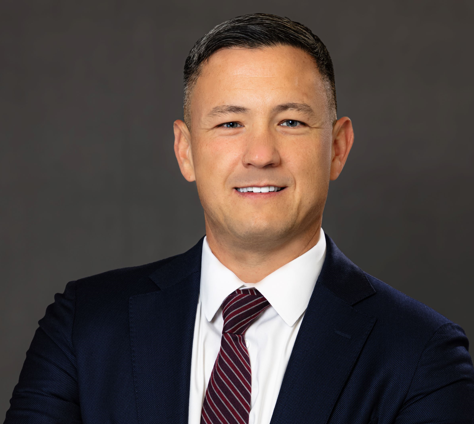
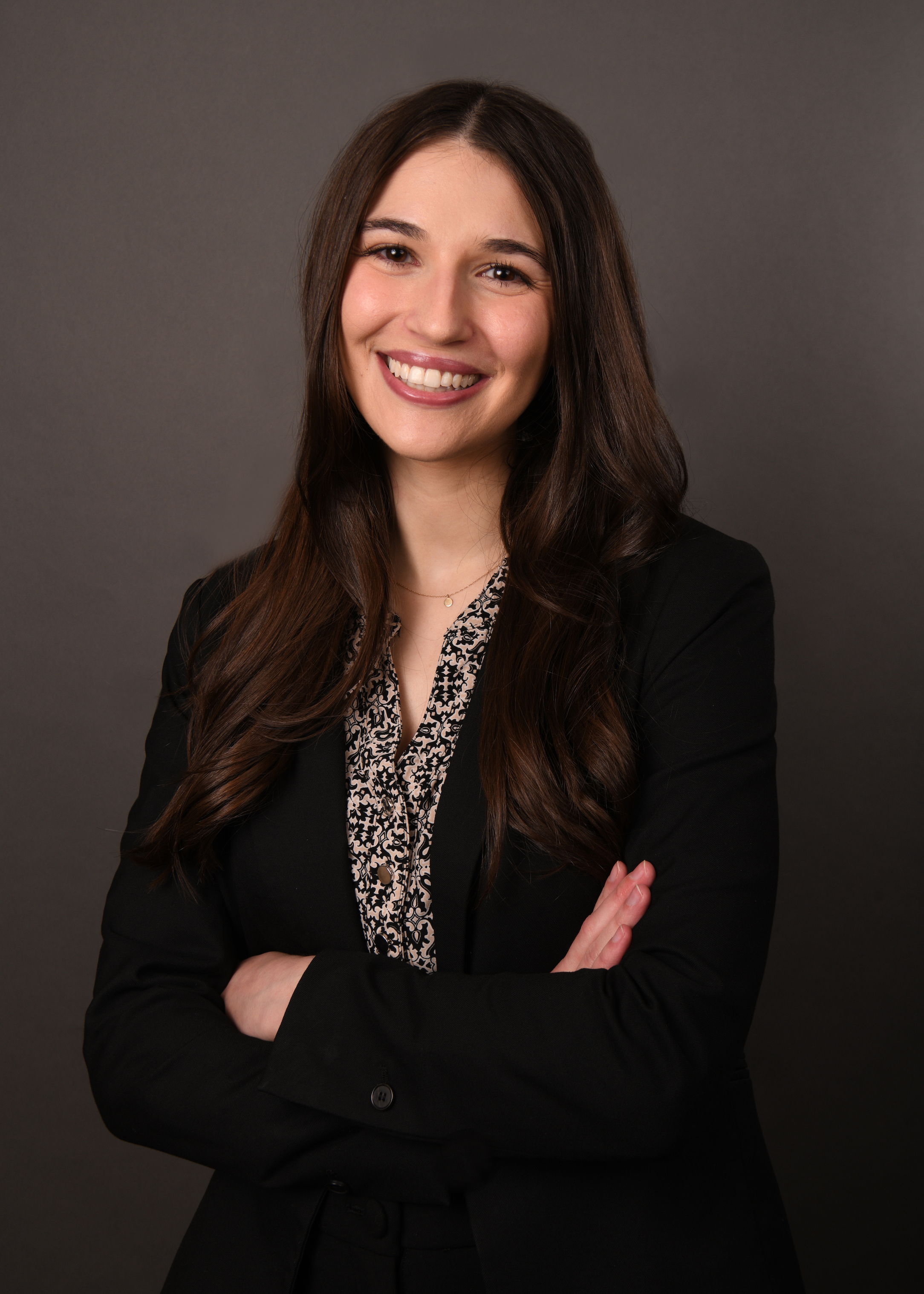








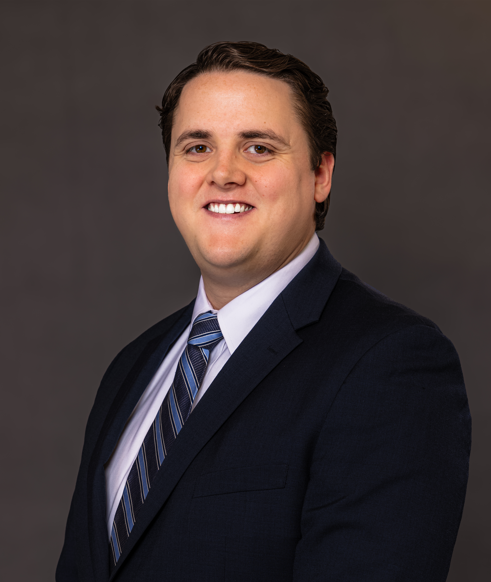





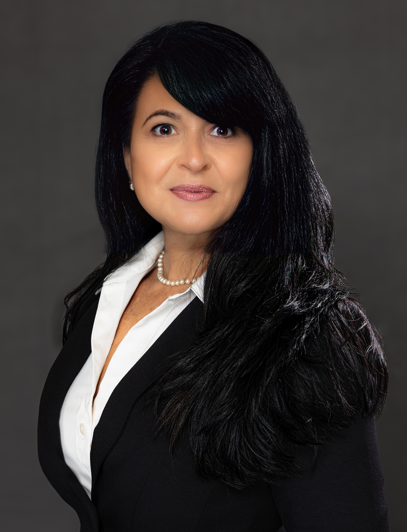








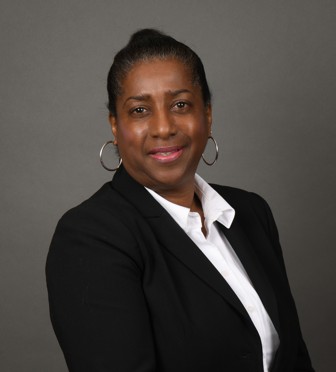





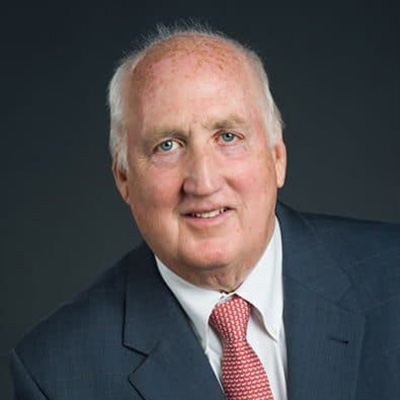

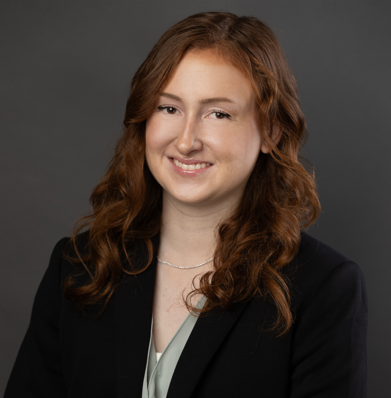






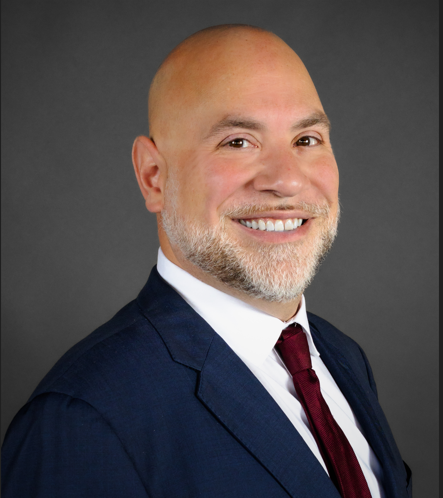





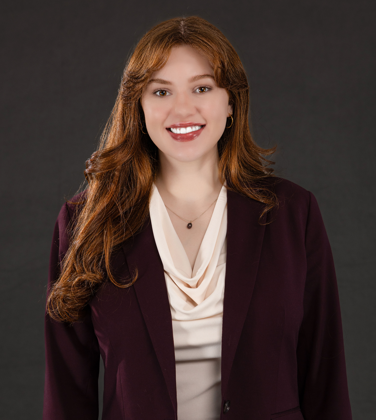

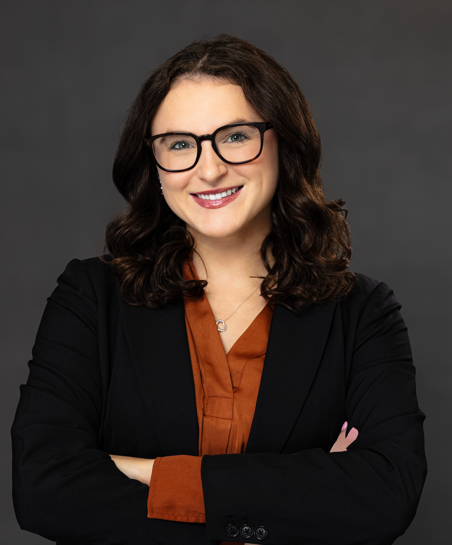


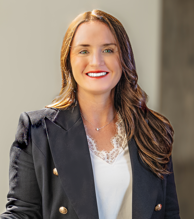

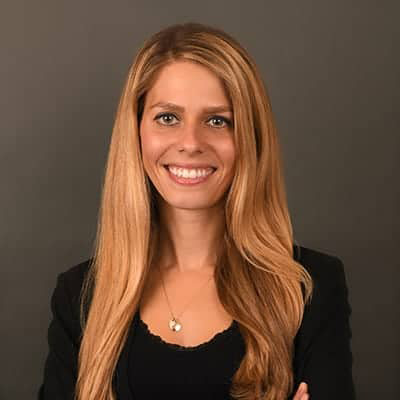


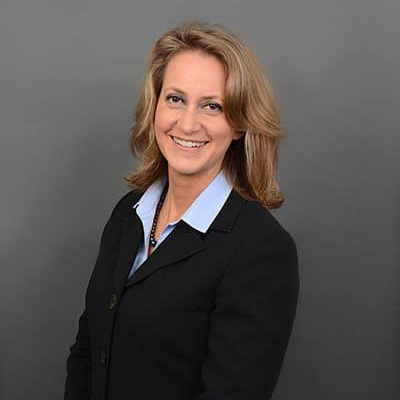



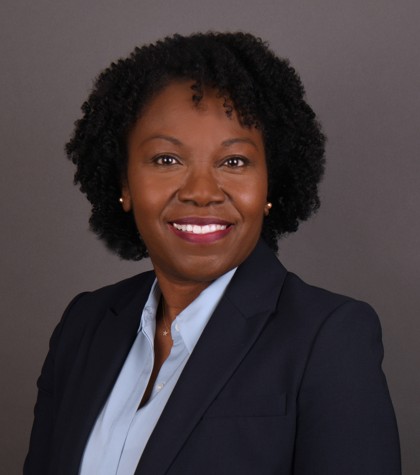



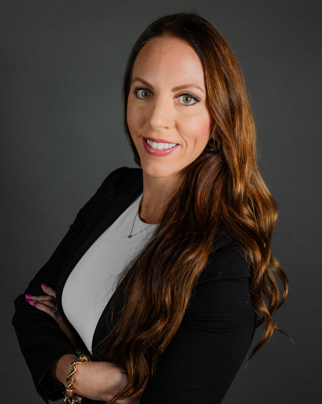
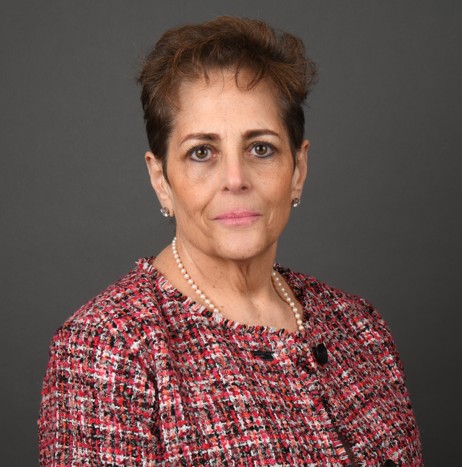
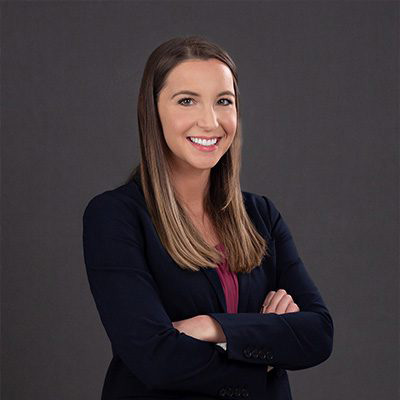

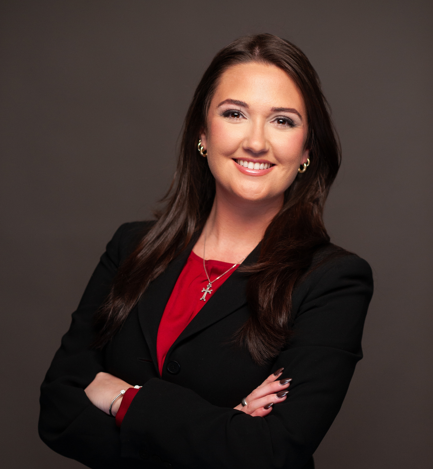






If Your Mechanic’s Lien is Discharged, You’ve Lost the Battle But Not the War
After a mechanic’s lien is filed, an owner has two options. The owner can wait because, if the lien is not foreclosed within a year, it evaporates by operation of

Construction Claims May Come From A Variety of Sources
Most construction claims arise out of the contractual relationship between the parties. Some arise out of claims of negligence. There are other situations where a contractor may be held liable

Understanding Unabsorbed Home Office Overhead
It is readily apparent that – if a project is delayed – the contractor is losing money. The increased direct costs associated with the labor and equipment on site are

Contractors Have Statutory Rights That They May Assert During Payment Disputes
A recurring problem in the construction industry is the failure of owners to issue timely payments. The problem not only affects contractors but also the subcontractors and/or suppliers who have


